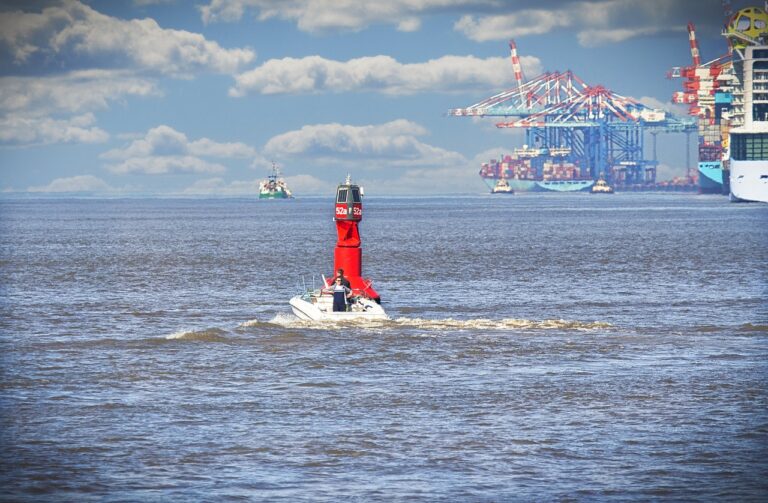The Impact of Climate Change on Hospitality: Adaptation and Mitigation Strategies: Diamond exch 999, Play 99 exch login, Reddybookclub
diamond exch 999, play 99 exch login, reddybookclub: Climate change poses a significant challenge to the hospitality industry, impacting everything from operations and infrastructure to customer satisfaction and overall business success. As global temperatures continue to rise and extreme weather events become more frequent, hotels, restaurants, and other hospitality businesses must adapt and implement mitigation strategies to minimize their environmental impact and maintain their competitive edge.
Adaptation Strategies for the Hospitality Industry:
1. Sustainable Practices: Implementing sustainable practices such as reducing water and energy consumption, using eco-friendly materials, and recycling waste can help hospitality businesses reduce their carbon footprint and lower operating costs.
2. Green Building Design: Investing in green building design features such as energy-efficient lighting, heating, and cooling systems can help hotels and restaurants reduce their energy consumption and greenhouse gas emissions.
3. Climate-Resilient Infrastructure: Building climate-resilient infrastructure can help hospitality businesses withstand extreme weather events such as hurricanes, floods, and wildfires, reducing the risk of property damage and business interruptions.
4. Food Waste Reduction: Implementing food waste reduction strategies such as composting, donating excess food to local charities, and offering smaller portion sizes can help restaurants reduce their environmental impact and save money.
5. Employee Training: Providing employees with training on sustainability practices and environmental stewardship can help hospitality businesses foster a culture of environmental responsibility and encourage staff to contribute to climate change mitigation efforts.
Mitigation Strategies for the Hospitality Industry:
1. Carbon Offset Programs: Participating in carbon offset programs can help hospitality businesses offset their greenhouse gas emissions by investing in renewable energy projects and sustainable development initiatives.
2. Renewable Energy Sources: Investing in renewable energy sources such as solar panels, wind turbines, and geothermal systems can help hotels and restaurants reduce their reliance on fossil fuels and lower their carbon emissions.
3. Sustainable Supply Chains: Working with suppliers that prioritize sustainability and ethical business practices can help hospitality businesses reduce their environmental impact and ensure the products they use are sourced responsibly.
4. Green Certifications: Obtaining green certifications such as LEED (Leadership in Energy and Environmental Design) and Green Key can help hotels and restaurants demonstrate their commitment to sustainability and attract environmentally conscious guests.
5. Community Engagement: Engaging with the local community through outreach programs, partnerships with environmental organizations, and education initiatives can help hospitality businesses raise awareness about climate change and inspire others to take action.
FAQs:
Q: How can hospitality businesses communicate their sustainability efforts to customers?
A: Hospitality businesses can communicate their sustainability efforts to customers through their website, social media channels, in-room materials, and signage throughout their property. They can also participate in eco-friendly certification programs and showcase their commitment to sustainability on their marketing materials.
Q: What are the benefits of implementing climate change adaptation and mitigation strategies for hospitality businesses?
A: Implementing climate change adaptation and mitigation strategies can help hospitality businesses reduce their environmental impact, lower operating costs, attract environmentally conscious customers, and enhance their reputation as responsible corporate citizens. It can also help them comply with regulations and stay ahead of the competition in a rapidly changing marketplace.
Climate change presents a unique set of challenges for the hospitality industry, but with proactive adaptation and mitigation strategies in place, hotels, restaurants, and other businesses can minimize their environmental impact and secure a sustainable future for themselves and the planet. By investing in sustainable practices, green technologies, and community engagement initiatives, hospitality businesses can position themselves as leaders in the fight against climate change and inspire others to follow suit.







